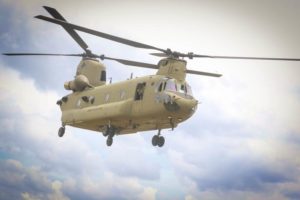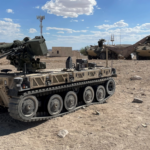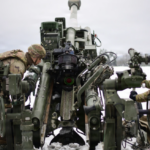
Boeing [BA] has received a $793.4 million deal to build 18 CH-47F Block I Chinook heavy-lift helicopters for South Korea and one aircraft for Spain, while Germany on Wednesday approved its potential deal worth over $8 billion for 60 of the upgraded Block II aircraft. The German government will now sign and return a Letter of Acceptance for the CH-47F Block II foreign military sale, which will then allow the U.S. government to begin work with Boeing on a contract…

 By
By 











